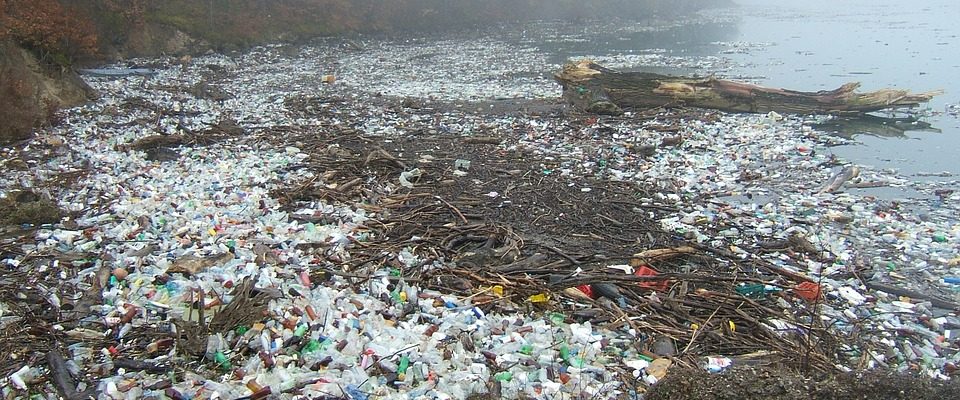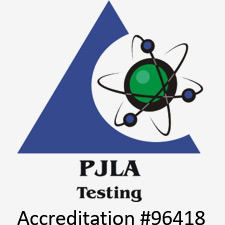Polyethylene is the most pervasive synthetic polymer used worldwide, comprising over a third of the world’s annual plastic manufacturing output. Production of plastics has come under significant environmental scrutiny in recent years with estimates suggesting that as much as 6300 metric tons of plastic waste have been generated to date – just 9% of which has been recycled. States like California and Hawaii, and 32 countries worldwide, have moved to ban the use of non-recyclable plastic bags to minimize the use of disposable polymers. Yet, synthetic polymers are still integral manufacturing materials that significantly outperform popular alternatives. Banning plastics at larger scales would have a significant deleterious effect on quality of life and the economy. It is therefore essential that improved methods for recycling plastics be identified to address both the environmental and economic concerns.
Robust polymer testing can play a key role in limiting the amount of plastic waste generated year on year by optimizing the end-of-life applications for various commercial polymers. It can also be used to aid the development of novel means for recycling plastics.
Polymer Testing 5 Grades of Polyethylene
Polyethylene generally has the chemical formula (C2H4)n but five overarching grades of the polymer have been characterized through various polymer testing methods. Each of these exhibits the same chemical repeat unit but widely varying thermomechanical characteristics, thus different end-of-life applications. This is largely a function of the presence of comonomers and changes in molecular weight distribution of the polymer.
- Low-Density Polyethylene (LDPE)
- Linear Low-Density Polyethylene (LLDPE)
- High-Density Polyethylene (HDPE)
- High Molecular Weight HDPE
- Ultrahigh Molecular Weight HDPE
The primary issue underlying the environmental concerns surrounding polyethylene is the ultra-low biodegradability of the material. Polyethylenes of lower density and lower molecular weights will degrade more readily but will also succumb to thermomechanical failure more rapidly. Robust polymer testing can determine the grade of polyethylene and aid in determining improved routes for recycling and appropriate applications for recycled materials.
Research into the viability of forced degradation of polymers using distinct bacteria requires a solid understanding of the molecular weight and density profiles of common polymeric products. It is also important to comprehend the way plastics degrade under distinct environmental conditions to limit the generation of hazardous microplastics that can infiltrate human food chains. Polymer molecular weight testing is used to optimize end-of-life management for common plastic products and improve both performance and service lives to limit the use of polymeric materials that are broadly considered non-recyclable.
Polymer Testing with Jordi Labs
Jordi Labs specializes in custom polymer testing and polymer laboratory analysis for customers in all areas of application. Our unparalleled experience and breadth of technological capacity have helped explore previously elusive mechanical properties of some of the most common polymeric materials on earth.
We have demonstrated expertise in the study of polyethylene-based products across all five of the primary grades. Our novel gel permeation chromatography (GPC) columns allow the determination of the most accurate polymer molecular weight distributions and spectroscopy methods provided by Jordi can determine the monomeric structure of various polyethylenes to assess shelf life, service length, and mechanical stability at end-of-life.
This has helped customers enhance products and eliminate causes of premature failure from production lines to extend product service lives and reduce the amount of plastic waste by improving polymer quality. If you would like any more information about our polymer testing service, please do not hesitate to contact us directly.





